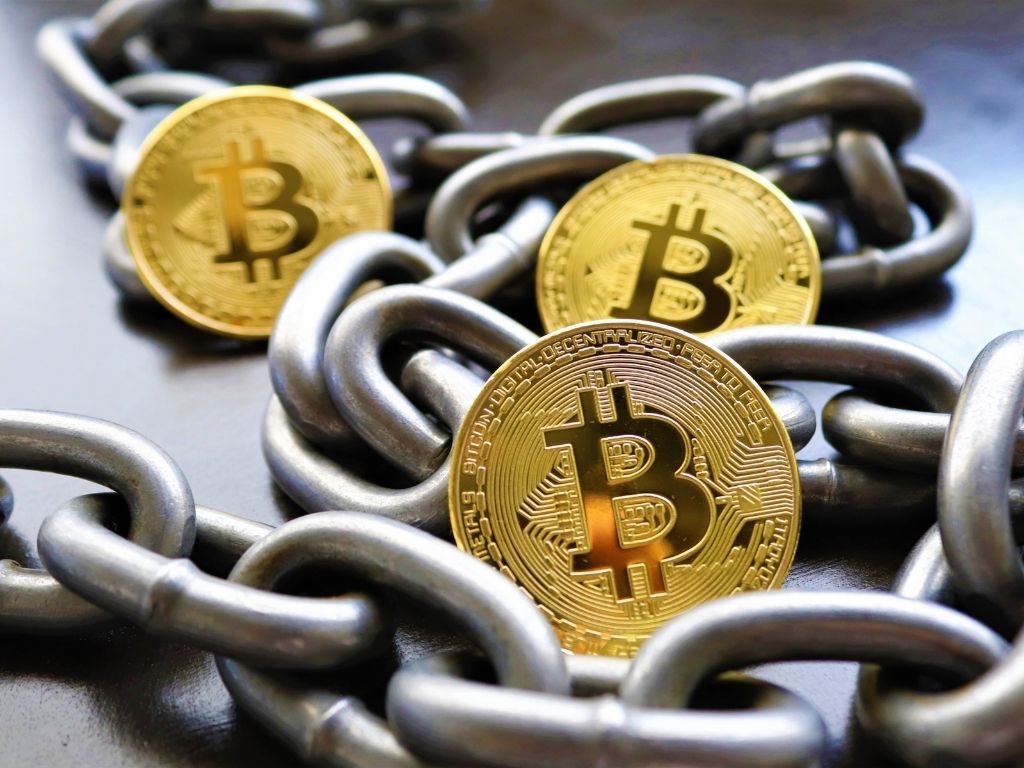Is blockchain as secure as we think it is?
Introduction
Blockchain is a technique of recording information in a way that is largely permanent. Blockchains allow people to add information to a ledger and make it virtually impossible to edit, change, hack or delete. A blockchain is a digital ledger, of sorts, that is duplicated and distributed across a wide variety of networks. The information is also distributed amongst several nodes (or computers), and each chain contains a certain number of transactions. Once a transaction takes place in the blockchain, a record of that transaction is added to the ledger of every single participant. The decentralized process of managing these transactions takes place through Distributed Ledger Technology.
Why is blockchain so popular?
Many people, organizations, and governments have tried to create digital money in the past, but they have all failed miserably. The prevailing issue that plagues these failures is trust. Bitcoin, or cryptocurrency, was designed to solve this problem by implementing a specific type of database called a blockchain. In most normal databases, there is one node who is in charge of the entries. This node also has permissions to change, edit or delete entries in the database. However, crypto is different. When cryptocurrencies work in a blockchain, no one can hack into the system, and hence, the integrity of the system is maintained.
Is blockchain the safest way of transacting?
Nothing on the internet is truly invulnerable to hack attempts. Hence, neither is blockchain. However, because of the decentralized nature of the process, an extra layer of defense is added to the entire system. To alter the chain, the typical hacker would have to control more than half of all the computers in the same ledger. This is highly unlikely, but it is still possible.
The main advantage of blockchain technology is supposed to be that it’s more secure, but new technologies are generally hard for people to trust, and this paradox can’t really be avoided.
The largest blockchain networks, Bitcoin and Ethereum, are public and hence, allow anyone who wants to join the chain to do so. Instead of creating a security crisis, having more people on a network enables the network to be more secure over time. More and more people, in this case, check transactions and each other’s work and call out alerts if something doesn’t add up. Here’s the irony. Private blockchain networks, which have kept themselves secure for the prime motive of keeping themselves safe are actually making themselves more vulnerable. Fewer users on these chains mean that hackers would have to control a limited number of nodes to manipulate the blockchain, thereby increasing the chances of something like that actually happening.
Also, read – How Can Blockchain Technology Change The World?
Conclusion
Hence, blockchain is a decentralized network that lets users protect their information by means of sharing one transaction or piece of data with all relevant stakeholders and nodes connected to the network. With the various use-cases that blockchain presents, it comes as no surprise that cryptocurrency might very well be the digital money of the future.
Stay informed with daily updates from Blockchain Magazine on Google News. Click here to follow us and mark as favorite: [Blockchain Magazine on Google News].
Get Blockchain Insights In Inbox
Stay ahead of the curve with expert analysis and market updates.
latest from tech
Disclaimer: Any post shared by a third-party agency are sponsored and Blockchain Magazine has no views on any such posts. The views and opinions expressed in this post are those of the clients and do not necessarily reflect the official policy or position of Blockchain Magazine. The information provided in this post is for informational purposes only and should not be considered as financial, investment, or professional advice. Blockchain Magazine does not endorse or promote any specific products, services, or companies mentioned in this posts. Readers are encouraged to conduct their own research and consult with a qualified professional before making any financial decisions. The featured image used is just a creative depiction of the title and it does not intend to hurt sentiments of any person or institution. If it hurts anyone sentiments, please do not hesitate to reach out to Blockchain Magazine.

 Bitcoin
Bitcoin  Ethereum
Ethereum  XRP
XRP  Tether
Tether  Solana
Solana  Dogecoin
Dogecoin  USDC
USDC  Cardano
Cardano  Lido Staked Ether
Lido Staked Ether  TRON
TRON  Chainlink
Chainlink  Avalanche
Avalanche  Sui
Sui  Wrapped stETH
Wrapped stETH  Wrapped Bitcoin
Wrapped Bitcoin  Toncoin
Toncoin  Stellar
Stellar  Hedera
Hedera  Shiba Inu
Shiba Inu  Polkadot
Polkadot  WETH
WETH  LEO Token
LEO Token  Litecoin
Litecoin  Bitcoin Cash
Bitcoin Cash  Hyperliquid
Hyperliquid  Bitget Token
Bitget Token  Uniswap
Uniswap  Official Trump
Official Trump  USDS
USDS  Wrapped eETH
Wrapped eETH  Pepe
Pepe  NEAR Protocol
NEAR Protocol  Ethena USDe
Ethena USDe  Aave
Aave  Aptos
Aptos  Internet Computer
Internet Computer  Ondo
Ondo  WhiteBIT Coin
WhiteBIT Coin  Ethereum Classic
Ethereum Classic  Monero
Monero  Mantle
Mantle  Cronos
Cronos  POL (ex-MATIC)
POL (ex-MATIC)  Render
Render  Dai
Dai  Algorand
Algorand  OKB
OKB  Artificial Superintelligence Alliance
Artificial Superintelligence Alliance 




